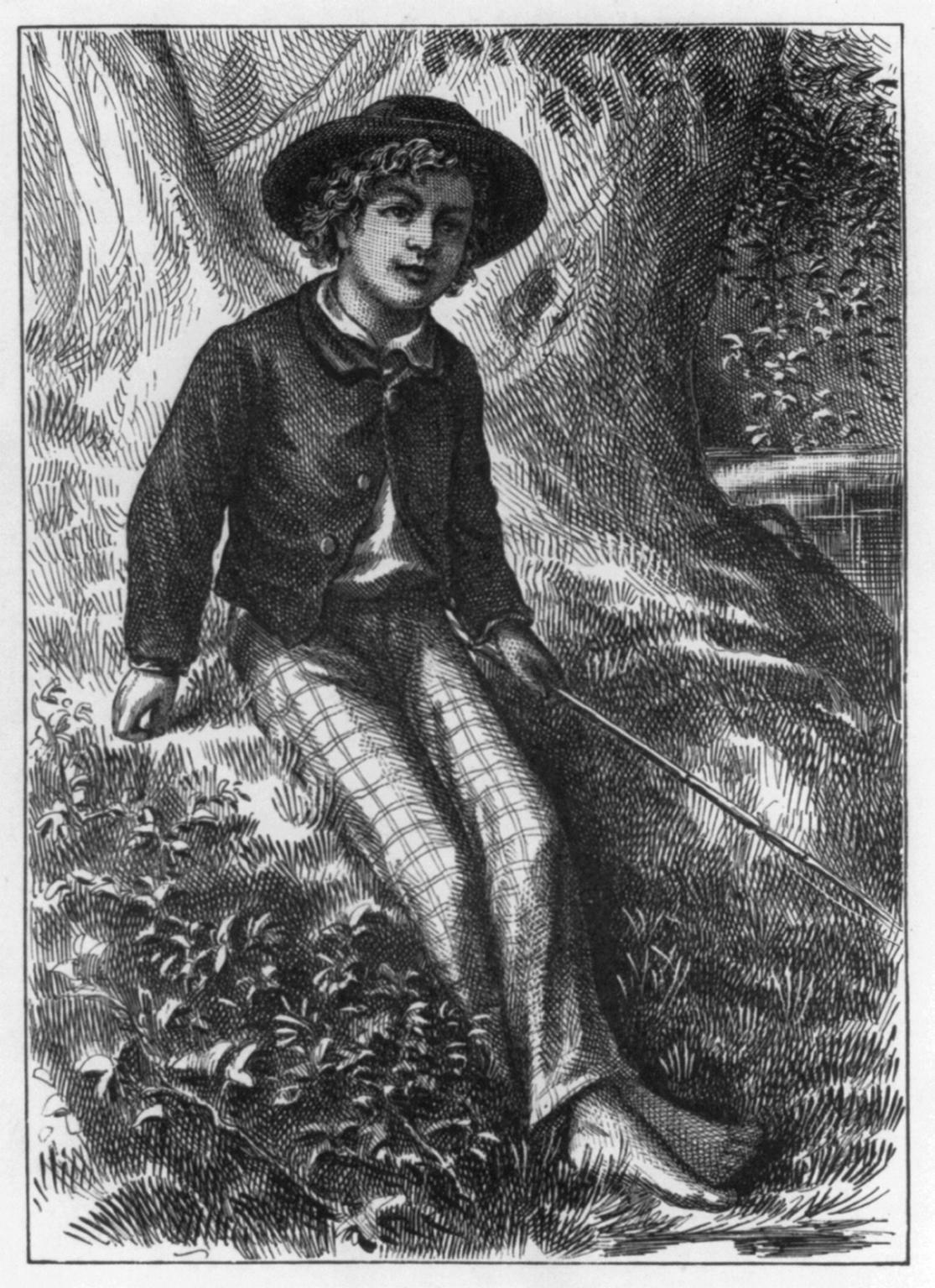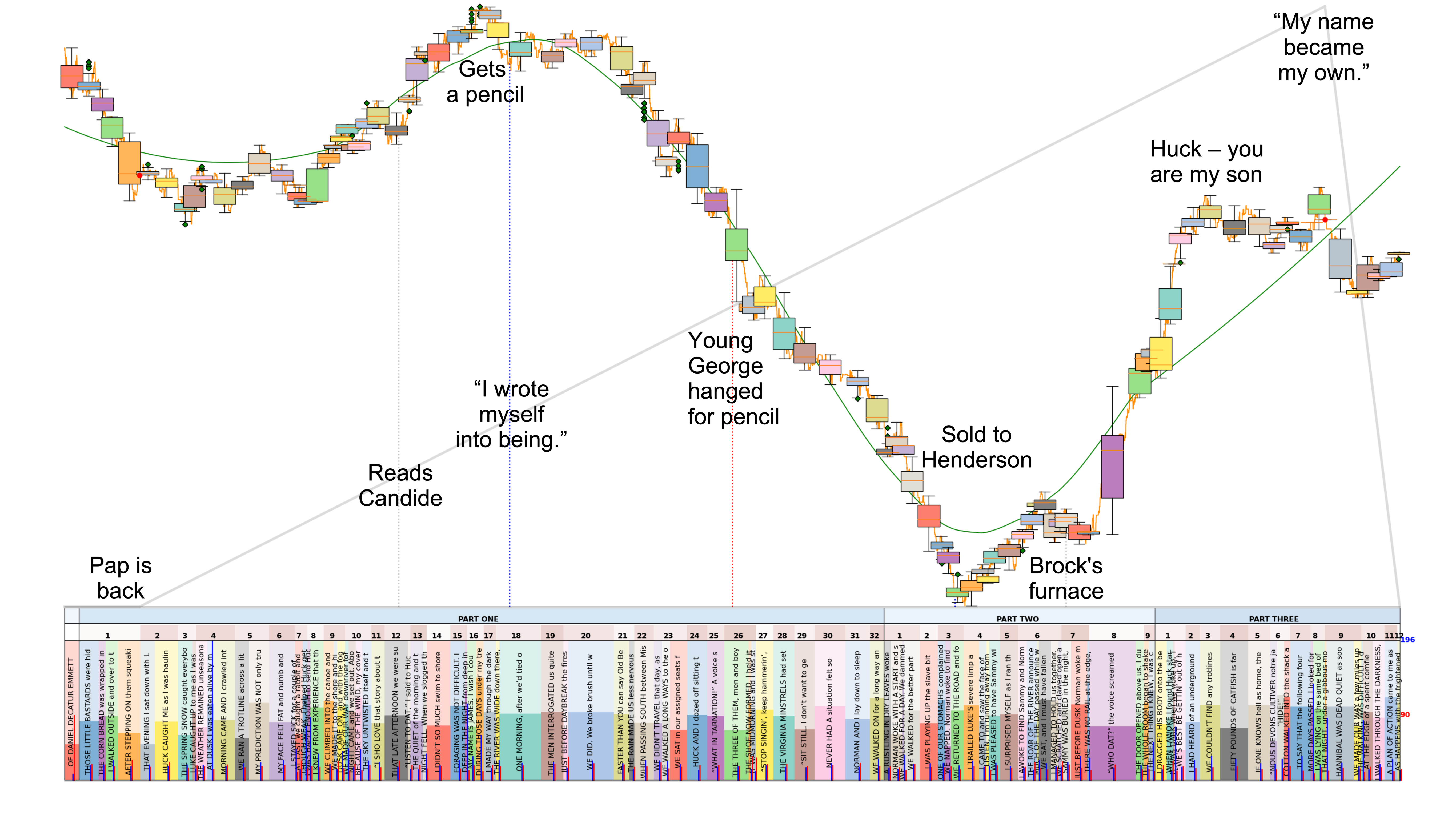Agenda
- Why We're Here / Roundtable Rules
- Introduction to Literary Forensics
- Group Discussion
- Further Study
Why We're Here
We writers want to improve our craft
by reading like a writer
We learn from each other
using Literary Forensics
Roundtable Rules
Always refer back to the book
Practice active listening & serendipity
Every feeling and observation is valid...
but not every conclusion
Always refer back to the book
Reading Teaches Writing
Meet today's author: Percival Everett
- Born in Georgia and raised in South Carolina, the great-grandson of a slave, Everett says he feels most comfortable in the Western US.
- Earned a philosophy degree from the University of Miami and a masters degree in fiction from Brown.
- Currently a Distinguished Professor of English at USC, and lives in LA with his wife, novelist Danzy Senna, and their two children.
- Both Everett and Senna have won the Dos Passos Prize, and Senna also teaches English at USC.
- James is Everett's 24th novel. Most famous previously for the novels Erasure (2001), which was adapted into the Academy Award winning 2023 movie, American Fiction; I Am Not Sidney Poitier (2009); and The Trees (2021).
- Has also published four short story collections, seven books of poetry, and one children's book.
- Everett writes everything with a pencil.
"There’s not a real work of art in this culture that does not deal with race."
—Percival Everett
“My joke is, ‘The canon is loaded.’
Canon formation is necessarily skewed. It’s necessarily racist and sexist.
As soon as you’re saying there are these texts that must be read, someone has to choose. Who chooses?”
—Percival Everett
"Whoever controls language, controls everything.
If someone has no voice, they cannot get what they want or what they need."
—Percival Everett
"Novels teach readers to apprehend the world as a question.
Novelists deepen and broaden the question."
—Percival Everett
What do you feel?
What in the book elicited that feeling?
Every feeling and observation is valid...
but every conclusion should be questioned
We practice serendipity
- nothing is too crazy
Always refer back to the book
What do you notice?

Tom Sawyer and Huckleberry Finn
The Adventures of Tom Sawyer (1876) - Orphan Tom Sawyer lives with his Aunt Polly and half-brother Sid in St. Petersburg, MO (near Hannibal) in the 1840s. Tom and his ‘pirates’ find $12K of gold. Widow Douglas adopts Huck.
The Adventures of Huckleberry Finn (1884) - Huck’s age (13-14) is one year older than in Tom Sawyer. After Huck chooses hell and saving his friend Jim in Chapter 31, most readers agree the novel’s quality takes a nosedive with the appearance of Tom Sawyer (final 12 chapters).
Tom Sawyer Abroad (1894) - Parodies Jules Verne's adventures. Tom, Huck, and Jim travel to Africa in a futuristic hot air balloon, where they survive encounters with lions, robbers, and fleas to see some of the world's greatest wonders, including the Pyramids and the Sphinx.
Tom Sawyer, Detective (1896) - Tom and Huck are exaggerated versions of Holmes and Watson.
-

Tom Sawyer
Huckleberry Finn (1884: UK & Canada; 1885: US)
NOTICE -
PERSONS attempting to find a motive in this narrative will be prosecuted; persons attempting to find a moral in it will be banished; persons attempting to find a plot in it will be shot.
-- BY ORDER OF THE AUTHOR, Per G.G., Chief of Ordnance. EXPLANATORY -
IN this book a number of dialects are used, to wit: the Missouri negro dialect; the extremest form of the backwoods Southwestern dialect; the ordinary "Pike County" dialect; and four modified varieties of this last. The shadings have not been done in a hap-hazard fashion, or by guesswork; but painstakingly, and with the trustworthy guidance and support of personal familiarity with these several forms of speech. I make this explanation for the reason that without it many readers would suppose that all these characters were trying to talk alike and not succeeding.
-- THE AUTHOR.
Writing James
- Everett claims that the idea came to him while playing tennis, suddenly wondering whether anyone had ever rewritten Huckleberry Finn. “It was an interesting question,” he said, “but it also explained to me why I had hit the ball so poorly.”
- In preparation, Everett read Huckleberry Finn 15 times in a row. “I needed the world and not the text.”
- “When I first started on the novel my thought was, I was going to give Jim agency. And as I started thinking about the character I realized, Jim already had agency. He just didn’t have any expression of agency.”
- Everett didn't write James to express dissatisfaction with Huckleberry Finn, rather he wants to be in a conversation.
- On language: Issues with Twelve Years a Slave: when a black Vermont freeman is captured and sent to Louisiana to be with slaves, he can immediately understand them. Enslaved people will develop a language that their enemies cannot understand. Allowing a foreigner to understand them takes away from their humanity.
- Wrote James in longhand with a pencil, then typed it into a computer. Wrote with the television on; watched the same 10 episodes of Mission Impossible many times.
Stats & Background
- Marketing: American Literature, Fiction Satire, Literary Fiction, Historical Literary Fiction, Satire Fiction, Satire
- Genre: Historical Realistic Long-Form Archplot
- Print Pages: 320; Word count: 69,067
Reading Grade: 5th; Avg. wds/sent.: 8.40
Lexical Density: 47.34; Flesch Reading Ease: 87.34 - POV: James; Person: 1st; Tense: Past
- Publish date: March 19, 2024
- Publisher: Doubleday
- Audio book length: (7 hours, 49 mins)
- Narrator: Dominic Hoffman
- Recognition: Winner 2024 National Book Award, Kirkus Prize, shortlisted for Booker Prize, NY Times 10 best books of 2024, NY Times bestseller, A Best Book of 2024: LA Times, The New Yorker, The Atlantic, The Economist, TIME, etc..
- Feature Film Development: To be produced by Steven Spielberg and (possibly) Taika Waititi to direct.
-
“If I told you what this book meant, it should mean nothing to you, because I would be wrong.
A work of art is not complete until the audience comes to it. The meaning you make is as valid as
the meaning anyone else makes, and more valid than mine.”
—Percival Everett



